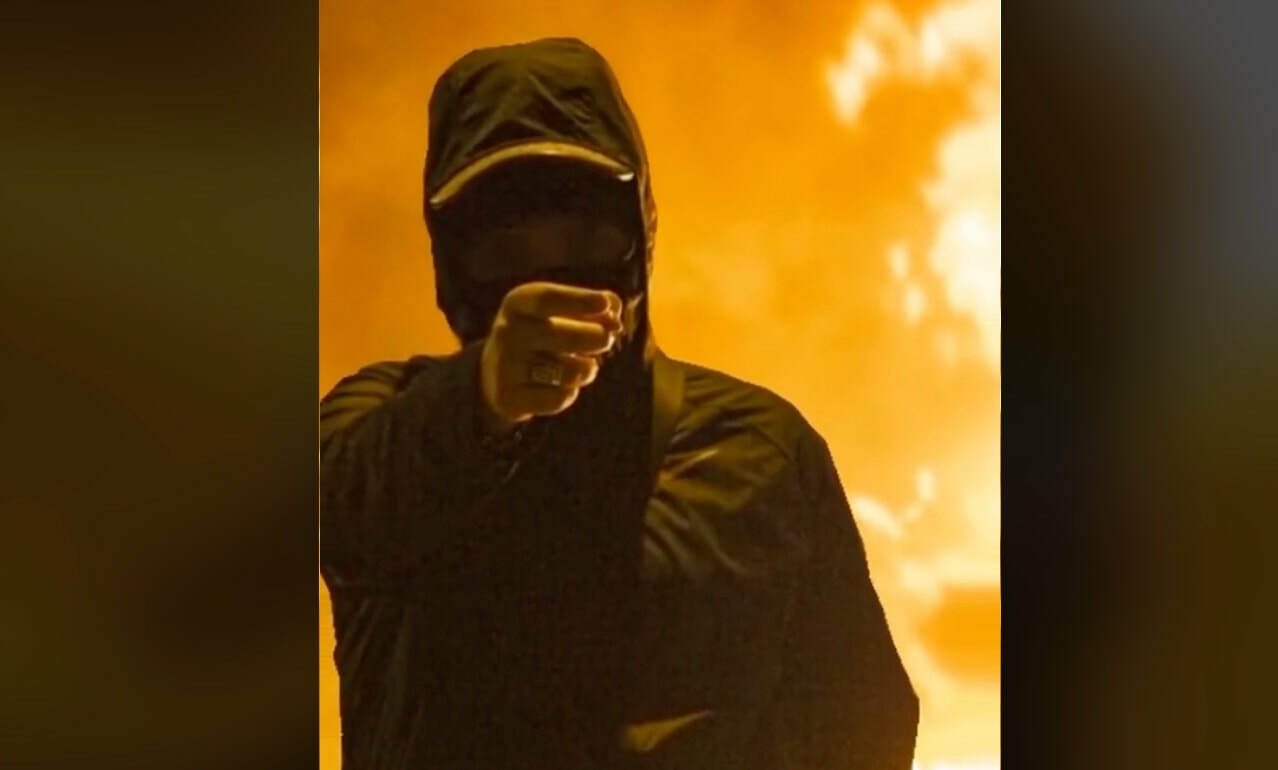
Earlier there was the revolt of the "gilets jaunes" against the Parisian establishment. Today comes the revolt of young people in the "banlieues" of big cities. Different backgrounds, similar emotions.
A few weeks ago I talked to an entrepreneur friend about what the future will bring. We talked about the protracted war in Ukraine, the tensions between the US and China, the economic recession and global warming. "All important and threatening," he said. "But what worries me the most is the social tensions in society. The gap between rich and poor is widening more than ever, or at least it is felt that way. I seriously consider a social revolt within a few years." I was a little surprised to hear this analysis from the mouth of an entrepreneur. But the man's fears seem to be coming true sooner than expected.
Anger arises when we are blocked in pursuit of a goal and/or feel unfairly treated, psychology teaches us. In its most extreme form, anger can be one of the most dangerous emotions and culminate in physical violence. The primary message of anger is: "Get out of the way!" and communicates everything from outrage (and there is nothing wrong with that in itself), dissatisfaction (sometimes understandable) to threats and violence (not acceptable). Those who are angry often also experience fear about what the future will bring, or contempt and even disgust towards perceived enemies. Both the "gilets jaunes" and the young people in the French suburbs are driven by this toxic cocktail of anger, fear and disgust from the ruling establishment.
And more and more, verbal expressions of anger turn into extreme physical violence. We have also seen this in recent years in the escalation of the protest of the most radical wing of the climate movement: Extinction Rebellion. The anger that previously resounded in the messages of Greta Turnberg ("I want you to panic") and in her wake the marches of students, has now given way to actions to disrupt public order, the "editing" of works of art in museums, and to be deliberately arrested by the security forces. In France, militant ecologists are portrayed as "écoterroristes". They themselves feel that they themselves are the victims of more and more insults and suspicions, attempts at intimidation and physical violence.
And if it rains in Paris, it will soon drip into the rest of Europe.
In the Netherlands, the AIVD (General Intelligence and Security Service) warned in a report this spring about the growth of anti-institutional extremism. These are people who believe that power is in the hands of an evil elite consisting of politicians, civil servants, entrepreneurs and the media. Increasingly, these radical groups are fantasizing on social media about forcibly sidelining this elite. In France, too, social media was in the past, and today, a fire accelerator, literally and figuratively even.
Where will this end? Sociologists predict in the media that the violence in French cities will be over in a few days, perhaps a few weeks. But that by no means means that the underlying frustration, fear and anger will have subsided. Either the current system succeeds in channeling so many emotions in a positive and constructive way, or a counter-reaction from the silent majority of the population will follow. The call for an authoritarian leader is growing by the day due to the violence in the "banlieues".
Rien ne va plus.
Written by BBDO Belgium Team, We create effectiveness